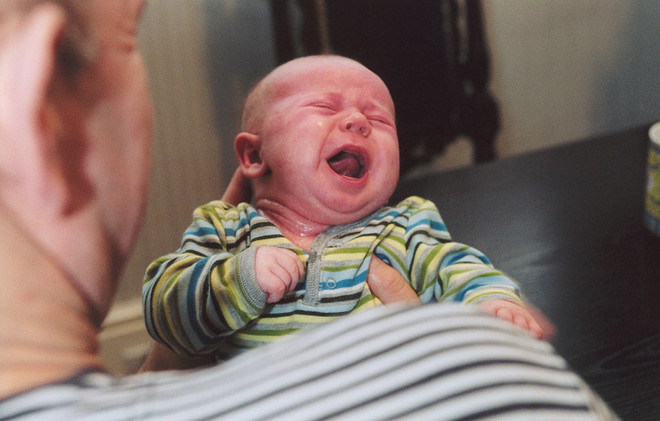 Colic in infants: causesPhoto: Getty
Colic in infants: causesPhoto: Getty
Colic in babies: what is it?
When our baby can't calm down becausehe is worried about severe pain in the abdomen, we feel unable to help our beloved child. We do not know what to do when colic attacks in infants. The only thing that can calm us down is that colic does not pose any problem for the child's life and goes away on its own by about 3 months of age. If they last longer, of course, you should pay attention to the problem and fully examine the baby's body. Since ancient times, a child's screams due to acute pain in the abdomen have brought great worries to others. And what's a shame is that there is still no remedy that would cure the baby of the problem. Moreover, doctors cannot describe the nature of the condition. According to researchers, colic in infants is:
- air accumulated in the abdominal cavity. At the kid the walls of the intestine weak, fragile and pressing air causes pain. For this reason, doctors point to the wrong technique of artificial or natural feeding. That the kid did not cry after the "meal", you should watch his mouth and help to grab the nipple, chest;
- defective belching. After breast-feeding, a mixture, it is necessary to hold the baby in an upright position and allow him to regurgitate excess air;
- constant horizontal position of the baby. Accepted food, digestion, gas formation is due to the fact that the child is too much in the reclining position, and no one has canceled gravity yet. And so, the fibers of food swell and hardly pass through the intestines, causing sharp rubbers;
- cry baby. Here you can say there is a vicious circle. Crying with pain, the child opens his mouth strongly, seizes even more air and the attack of colic continues;
- overeating. Overfeeding a child leads to the fact that all the food cannot be digested due to a lack of enzymes. As a result, the food begins to ferment, gases appear, pressing on the walls, causing pain.
Symptoms of colic in infants
The main sign that your baby has colicis intense crying and restlessness. Attacks begin suddenly, can last from 30 minutes to several hours. There may also be a bloated tummy, cheeks flushed from tension, twitching legs, contraction, the baby arches. It should be understood that even the smallest personalities have their own individual gestures and habits, including during pain. It is necessary to stock up on patience, affection, study proven remedies before helping a baby with colic. First of all, a nursing mother needs to review her diet, exclude foods that can cause discomfort, gases, fermentation, etc. Listen to the recommendations of elders in the family, who after feeding carried the baby in an upright position, allowed him to burp completely. More often carry the baby in your arms, walk in the fresh air. Monitor the temperature in the baby's room, the air should always be fresh and clean. See also:









